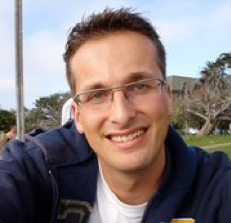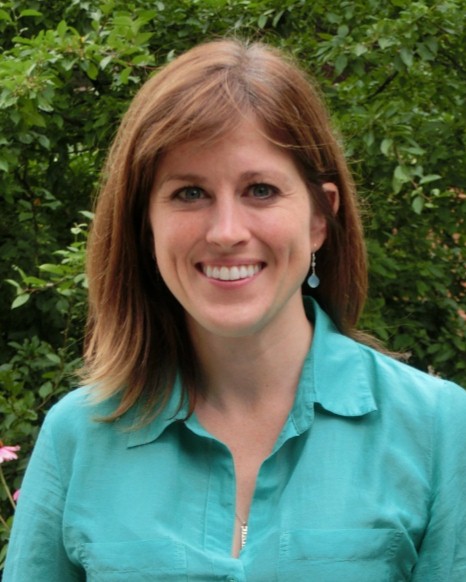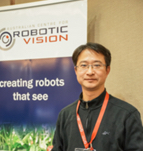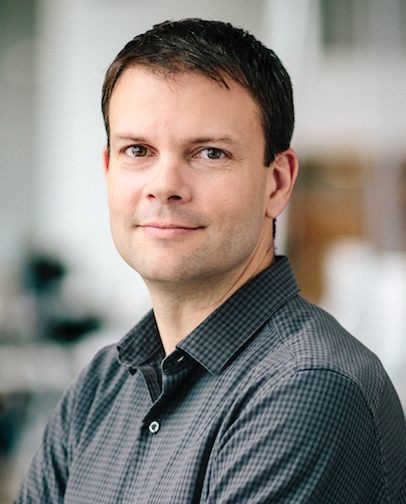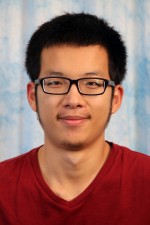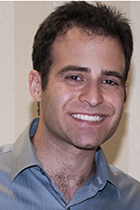Seminar
Bayesian Eigenobjects: A Unified Framework for 3D Robot Perception
Abstract: Robot-object interaction requires several key perceptual building blocks including object pose estimation, object classification, and partial-object completion. These tasks form the perceptual foundation for many higher level operations including object manipulation and world-state estimation. Most existing approaches to these problems in the context of 3D robot perception assume an existing database of objects [...]
Two Tales about Image Classification
Abstract: This talk tells two tales about image-classification systems, both of which are motivated by the real-world deployment of such systems. The first tale introduces a new convolutional neural network architecture, called multi-scale DenseNets, with the ability to adapt dynamically to computational resource limits at inference time. The network uses progressively growing multi-scale convolutions, dense [...]
Optimizing ankle prostheses to improve walking in transtibial amputees
Abstract: With a prosthetic device, people with a lower limb amputation can remain physically active, but most do not achieve medically recommended physical activity standards and are therefore at a greater risk of obesity and cardiovascular disease. Their reduced activity may be attributed to the 10 - 30% increase in energetic cost during walking compared [...]
Dense 3D Shape Reconstruction of Complex Dynamic Scene with a Single Monocular Camera
Abstract: In this talk, I will describe our recent work (presented at ICCV 2017) on monocular camera based 3D geometry reconstruction of a non-rigid dynamic scene. We aim to answer an open question in multi-view geometry, namely, "Is it possible to recover the 3D structure of a complex dynamic environment from two image frames captured by [...]
Learning to Visually Reason
Abstract: Visual reasoning is a core capability of artificial intelligence. It is a necessity for effective communication, planning, and for question/answering tasks. In this talk, I discuss some recent explorations into visual reasoning for question/answering, game playing and dialog. I also describe our new reinforcement learning platform ELF; an Extensive, Lightweight and Flexible research platform [...]
Carnegie Mellon University
Dense Planar-Inertial SLAM for Large Indoor 3D Reconstruction
Abstract Reconstructing the dense 3D models of indoor environments in real-time is key to many robotics applications, such as navigation, inspection, and augmented reality. It is also a challenging problem due to the accumulation of drift, large amount of data, limited computation, and occasional lack of visual features. We develop an RGB-D simultaneous localization and [...]
Planning Algorithms for Multi-Robot Active Perception
Abstract A fundamental task of robotic systems is to use on-board sensors and perception algorithms to understand high-level semantic properties of an environment. The performance of perception algorithms can be greatly improved by planning the motion of the robots to obtain high-value observations. In this talk I will present a suite of planning algorithms we [...]
Doing a Post-doc: Should I do one? How do I find one? How do I pick? What next?
Abstract: In this talk, I will describe the ins and outs of getting a job as a post-doctoral researcher ("doing a post-doc"). I will first describe a number of reasons why one might want to do a post-doc, as well as a few reasons not to do one. I will next describe how to choose [...]

